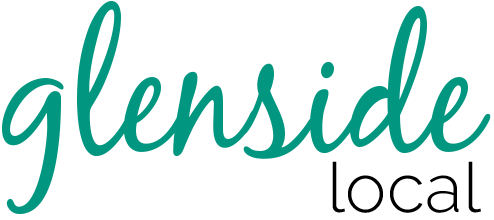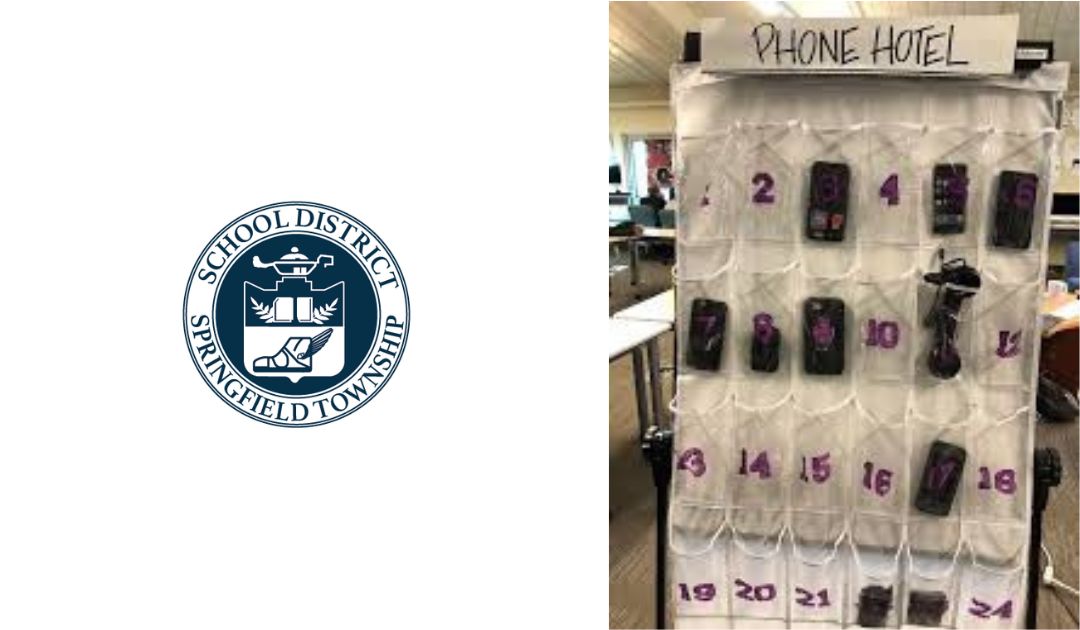Meredith McGlinchey, Sue-Im Lee, and Karen Moore Schultz—three parents in the Springfield Township School District in Oreland—were featured in the Philadelphia Inquirer for successfully working with district administrators to lessen screen time in the schools.
The parents have been in meetings with administrators about the issue since the fall of 2023 and, since that time, have also organized a Facebook group that grew to more than 200 people. According to the story, they requested middle school Chromebook and YouTube restrictions and a standardized cell phone policy at the high school, among other requests.
The district announced new rules in their Welcome Back newsletter that will go into effect on September 3.
Among them: “Starting this school year, middle school students will not be permitted to use their Chromebooks during lunch in the cafeteria. This decision is aimed at encouraging students to engage more actively with their peers and participate in real-life, social activities.”
After piloting the concept last year, Springfield High School classrooms will be implementing Cell Phone Hotels “to help students stay engaged and minimize distractions.” Abington School District made a similar announcement earlier this month.
Here’s how it will work:
- Phone Storage: At the start of each class, students will place their phones in the Cell Phone Hotel. Phones will be stored with screens facing outward to ensure they are easily visible and secure
- Access During Class: Phones may only be used when specifically directed by faculty or administrators for educational purposes
- Phone Use Class Change, Lunch and Study Hall: Students are allowed to use their phones during class changes, Lunch & Learn and during scheduled Study Halls
Changes in the district’s elementary schools:
- No Smartwatches During School Hours: To minimize distractions and maintain focus on learning, we ask that students do not wear smartwatches during school hours.
- Parental Communication: Ensure that important messages are relayed through the school office rather than through smartwatches, text messages or other alternate devices.
- Focus on Learning: Encourage your children to use their time at school to engage with their peers and participate fully in classroom activities without the interruption of digital notifications.
- No Cellphones During School Hours: To minimize distractions and maintain focus on learning, we ask that students do not have cellphones in school with them during the day.
- Parental Communication: Ensure that important messages are relayed through the school office rather than through smartwatches, text messages or other alternate devices.
- Focus on Learning: Encourage your children to use their time at school to engage with their peers and participate fully in classroom activities without the interruption of digital notifications.
Changes in the district’s elementary and middle schools:
We are whitelisting YouTube for grades K-8. This means that we have taken specific steps to ensure that only approved, educational videos are accessible to students.
This approach helps us use YouTube as a valuable educational tool while keeping your children safe and focused on their studies. While there are some who have called for a ban on YouTube in school, we have determined that YouTube hosts a wealth of educational videos that can enrich classroom instruction. Using quality learning materials in varied formats can make learning more engaging and accessible, helping to explain complex concepts through visual and auditory means.
Whitelisting allows us to filter and approve content, ensuring students only view age-appropriate and educational videos. Whitelisting strikes a balance by providing access to beneficial content while blocking inappropriate material. We will continue to monitor the use of YouTube and make any adjustments necessary to ensure students are viewing safe and appropriate content while in school.
Here’s what it entails:
- Safe Content: Faculty and staff may select specific YouTube videos and channels that are educational and appropriate for students and provide access to their students. .
- Educational Focus: The videos and/or materials which are made available to students are chosen to support their learning in subjects like math, science, reading, and social studies.
- Restricted Access: Students will not be able to access YouTube freely; they can only view the videos and channels that have been whitelisted by their teachers and school staff.
- Enhanced Learning: By whitelisting, we ensure that students can benefit from the vast educational resources on YouTube without exposure to inappropriate content.
For all the latest news, follow us on Facebook or sign up for Glenside Local’s “Daily Buzz” newsletter here.

